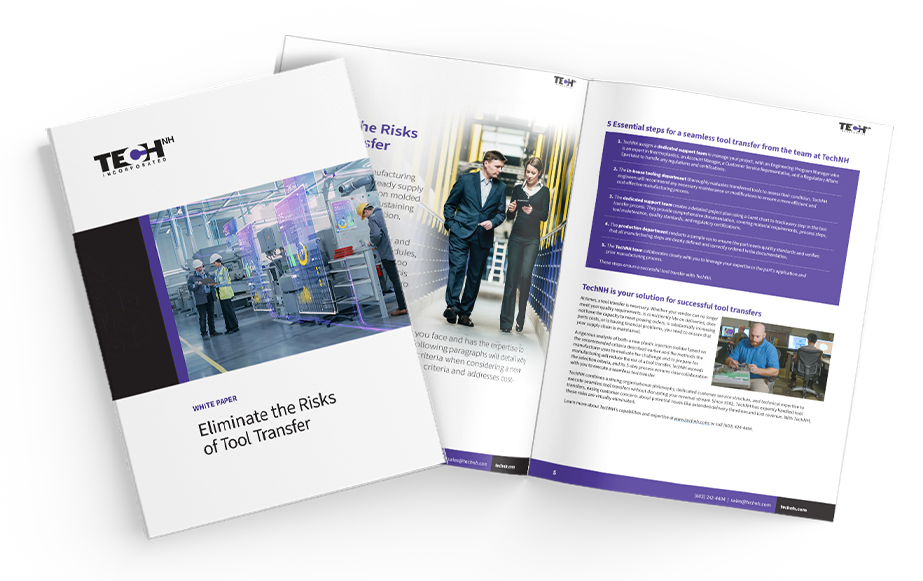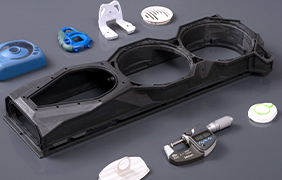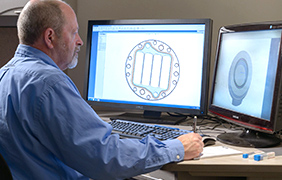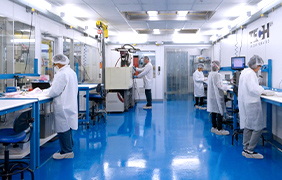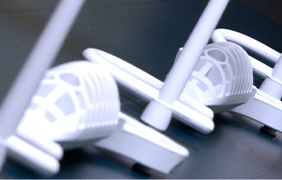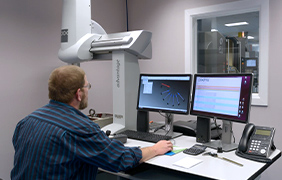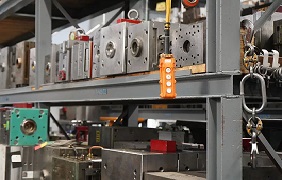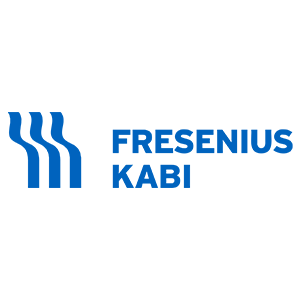Tooling
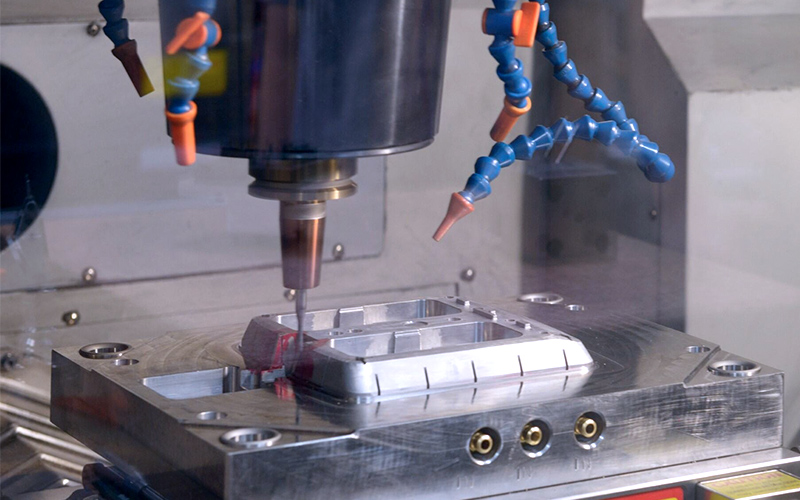
Our in-house capabilities enable us to construct a wide range of molds, accommodating even the most complex requirements. Whether you need a small, intricate mold or a large-scale tool, we have the expertise to deliver. We specialize in crafting some of the most complicated molds in the industry, all while maintaining the highest standards of quality and precision.
Transfer molds are a core part of our business, and we understand the importance of a smooth transition. Whether you’re transferring molds from another facility or entrusting us with the creation of new ones, we follow stringent protocols to evaluate your tools and provide feedback for improvement. In any given year, we accept hundreds of molds that have been built elsewhere, demonstrating our expertise in handling diverse projects.
At TechNH, we don’t just build molds, we also ensure their proper maintenance and upkeep. Our dedicated tool room is equipped with the latest machinery and staffed by skilled technicians who are adept at handling any issues that may arise. From routine maintenance to complex repairs, we have the resources and expertise to keep your tools in optimal condition.
We understand the importance of proper mold maintenance. That’s why our tool room is not just focused on building molds but also on maintaining them to ensure optimal performance and longevity. With regular upkeep and servicing, we ensure that your molds remain in peak condition, minimizing downtime and maximizing productivity.
One of the key advantages of having our operation on-site is our ability to address any issues directly. Whether it’s a minor adjustment or a major repair, our team is equipped to handle it swiftly and effectively, keeping your production lines running smoothly without any interruptions.
At TechNH, we thrive on complexity. From intricate geometries to multi-cavity molds, we specialize in pushing the boundaries of what’s possible. Our full team of plastics engineers possess decades of industry experience in polymer science, material selection, processing techniques, and product design. We take a hands-on, consultative approach to working with our clients, adept at tackling even the most challenging projects to ensure that your vision is brought to life with precision and accuracy.
Frequently Asked Questions
Tooling for plastic injection molding describes the entire set of components and equipment needed to manufacture a plastic part. Tooling includes the mold for the part and all the auxiliary mechanisms necessary to create an efficient and repeatable molding operation. Key components include the mold cavity and core to create the shape of the part, the sprue, which is the channel that passes the molten plastic into the mold, runner channels and gates for distributing molten plastic to multiple cavities in a mold, ejector pins for part removal from the mold, cooling channels to solidify the plastic and vent channels to release air or gases from the mold cavity. Precision in tooling is crucial to ensure part quality, consistency and efficiency in the injection molding process.
While the two terms are often used interchangeably, the mold is actually a specific component of the tooling. Tooling encompasses all the tools and equipment necessary to produce a molded part, including the mold itself, as well as jigs, fixtures and other auxiliary devices. The mold, however, is the key structure that contains the negative shape of the part. Molten plastic is injected into the mold to form the part. The mold consists of two halves, the core, which shapes the internal geometry, and the cavity, which defines the external features. Molds can include cooling channels, ejector pins, gate and runner systems for molten plastic and venting channels to release trapped air or gases.
The lifetime of a mold depends on the material used to make the mold. Molds are typically made from aluminum and grades of steel. Aluminum molds can produce thousands of plastic parts before repair or replacement is required. Steel molds can produce between hundreds of thousands and millions of parts before maintenance is required. Regular cleaning, lubrication and replacement of worn parts can extend the lifetime of a mold.
Hard tooling and soft tooling refer to the material used in making a mold for a plastic injection molding process. Each material has its advantages and disadvantages. Hard tooling is made from durable materials such as hardened steel or tool steel, which can withstand high temperatures and pressures. Molds made from specialty steels can last for over a million production cycles. However, hard tooling is more expensive and takes longer to manufacture due to the complexity and durability of the materials.
Soft tooling is typically made from aluminum. The maximum lifespan of an aluminum mold is only 100,000 cycles for a part with basic geometries. For more complex parts, the soft aluminum tool is usually good for 10,000 cycles. Making an aluminum mold is less expensive than a steel mold and requires less time. Soft tooling is most often used for prototype production runs or low-volume projects, allowing manufacturers to verify the molding process before committing to full-scale production.

